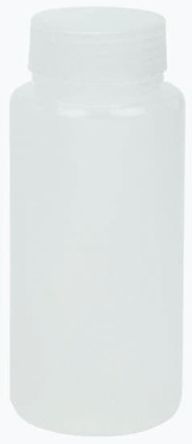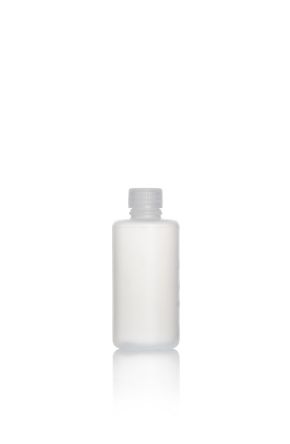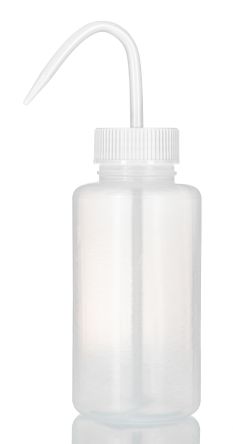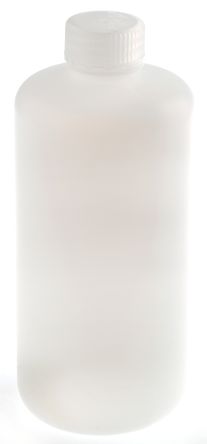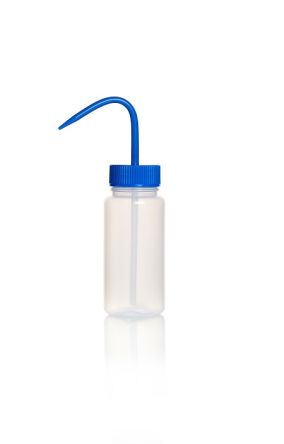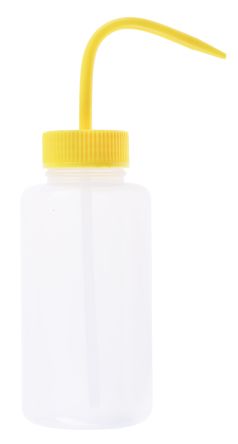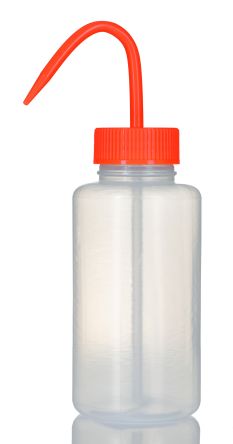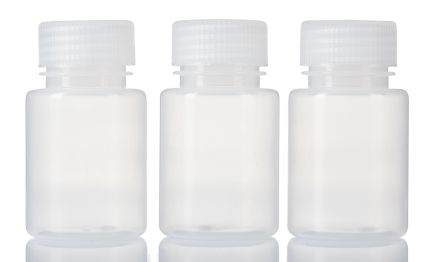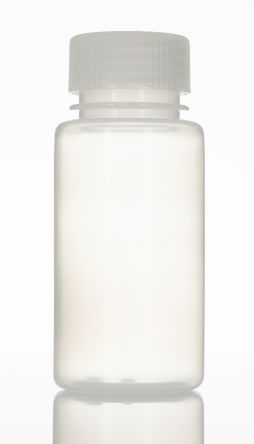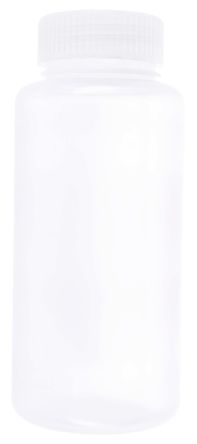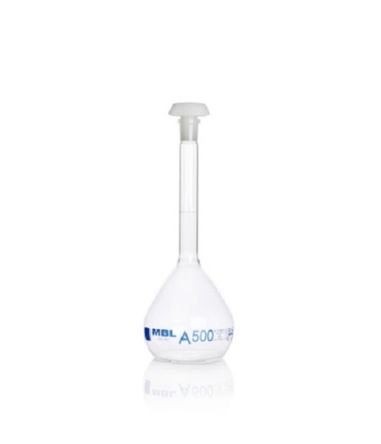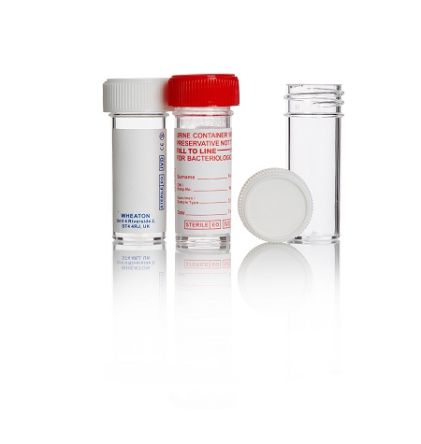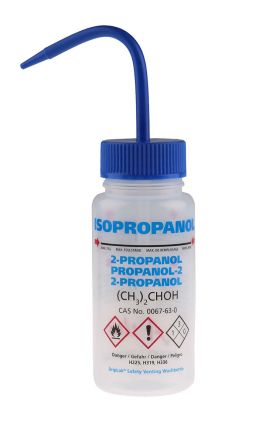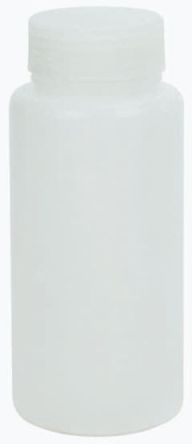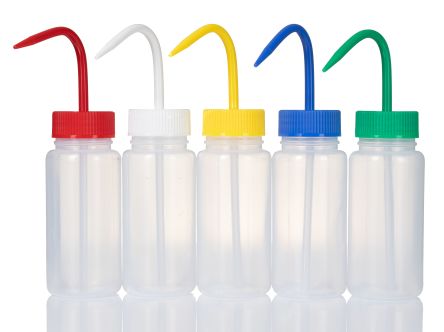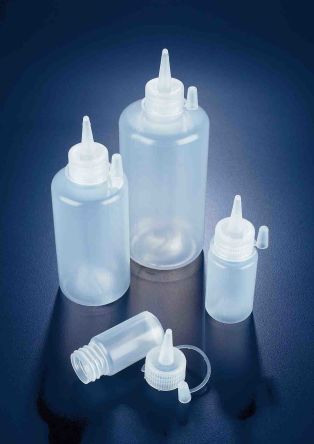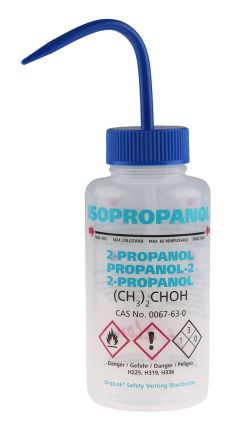- Automation & Control Gear
- Cables & Wires
- Enclosures & Server Racks
- Fuses & Circuit Breakers
- HVAC, Fans & Thermal Management
- Lighting
- Relays & Signal Conditioning
- Switches
- Batteries & Chargers
- Connectors
- Displays & Optoelectronics
- ESD Control, Cleanroom & PCB Prototyping
- Passive Components
- Power Supplies & Transformers
- Raspberry Pi, Arduino, ROCK, STEM Education & Development Tools
- Semiconductors
Lab Bottles
Lab or laboratory bottles cover a wide range of uses within a laboratory environment, with each type of bottle having a different purpose to another. Our offer includes a wide selection of containers, glassware, jars, and sample bottles in various shapes, sizes, and materials to suit your application. We also specialise in bottles specifically tailored for measuring liquids, these bottles feature distinct printed graduations in millilitres or fluid ounces to allow for accurate measurement.
Are glass containers better than plastic?
Nowadays, plastic bottles are the preferred type of material used compared to traditional glass bottles. The main advantage of using plastic is that it is a lot more economical, and being super durable and safe to use. Although glass is easier to clean and heat-proof, it's a lot more fragile and can easily break, making it costlier to replace. Plastic laboratory bottles are not autoclavable.
What types of Lab bottles are available?
- Storage bottle
- Wash bottle
- Reagent bottle
- Aspirator bottle
- Dispensing bottle
- Carboy bottle
What is the difference between HDPE, LDPE, and PP?
HDPE – High-density polyethylene bottles are very popular in labs because of low cost and leakproof performance. They provide good chemical compatibility with a wide variety of lab reagents, including most acids, bases, alcohols, aldehydes, esters, and aliphatic hydrocarbons, and can withstand temperatures of up to 120 degrees Celsius.
LDPE – Low-Density Polyethylene bottles. These are not as strong or dense as HDPE, but they can be very squeezable and can handle rapid temperature changes. They are also recyclable and environmentally friendly.
PP – Polypropylene, low cost, and flexible strength because of its semi-crystalline nature. This material has a good chemical resistance over a wide range of bases and acids and will not wear away over time or rust.
Applications
- Laboratory
- Education and Research
- Household
